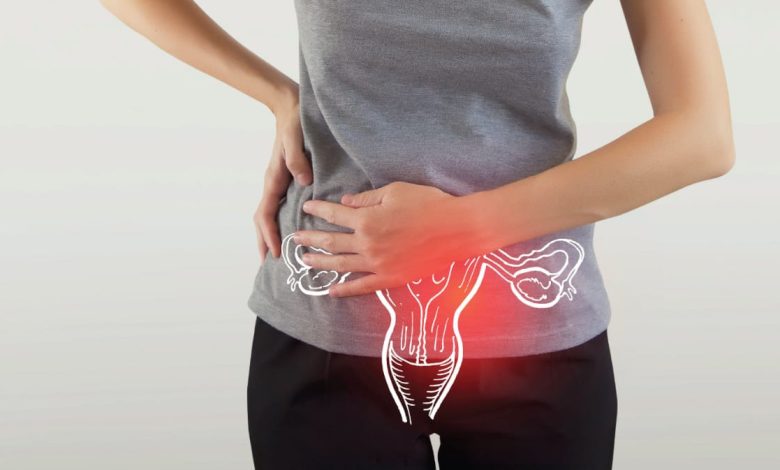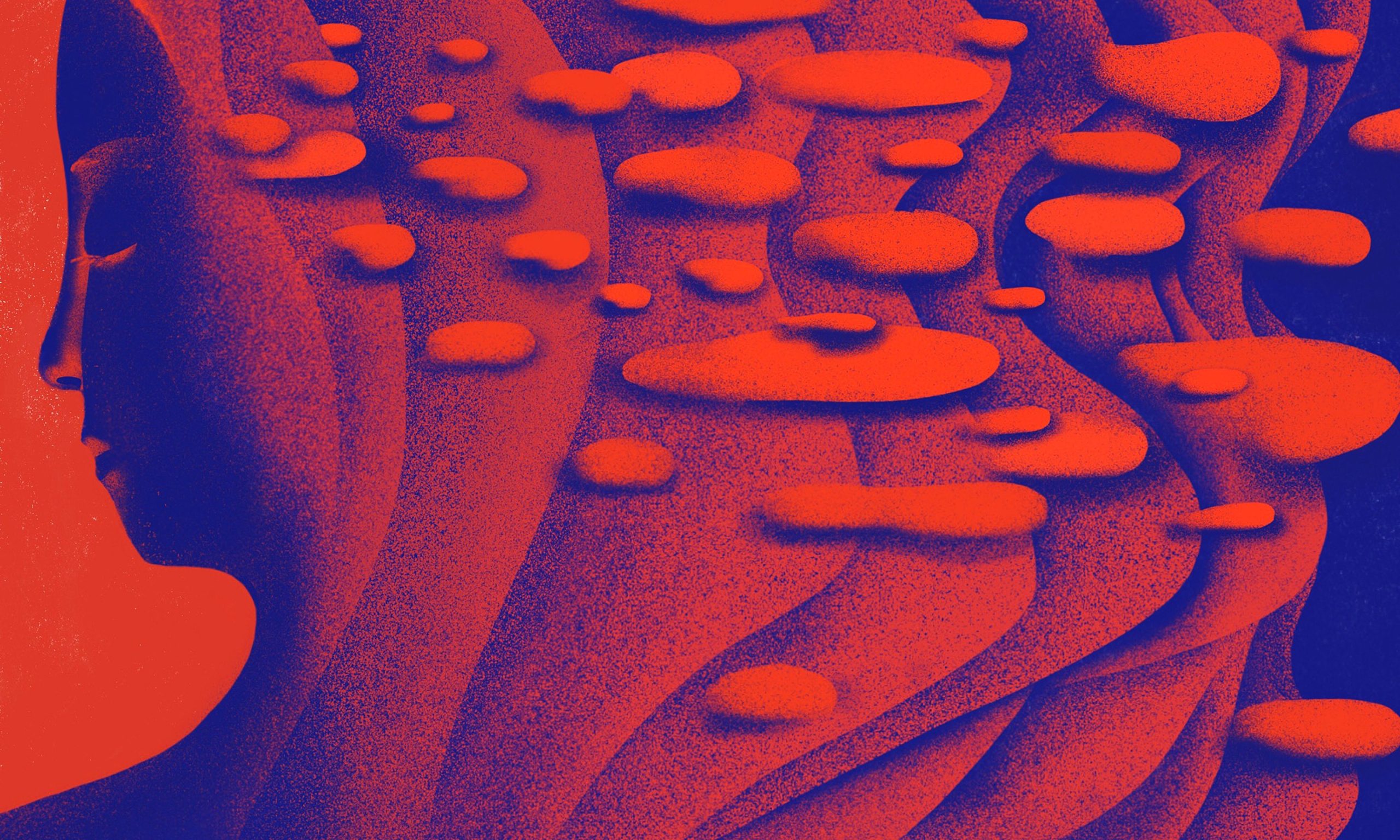
Understanding PCOD: Symptoms, Myths, Remedies — and How It’s Different from PCOS
First Things First: PCOD and PCOS Are Not the Same
They’re often confused, but PCOD and PCOS have key differences in cause, severity, and long-term impact. Let’s simplify it.
PCOD vs. PCOS: A Quick Comparison
| Aspect | PCOD (Polycystic Ovarian Disease) | PCOS (Polycystic Ovary Syndrome) |
|---|---|---|
| Type | Lifestyle-related condition | Hormonal/metabolic disorder |
| Egg Release | Ovaries produce many immature eggs | Ovulation is often absent or irregular |
| Fertility Impact | Usually doesn’t affect fertility much | Can cause difficulty in conceiving |
| Reversibility | Often reversible with lifestyle changes | Needs medical management; not fully reversible |
| Commonness | More common, especially in young Indian women | Less common but more serious |
| Long-Term Risks | Fewer long-term risks | Higher risk of diabetes, heart disease, infertility |
What Is PCOD, Really?
PCOD (Polycystic Ovarian Disease) happens when your ovaries release too many immature or partially developed eggs in one cycle. These eggs may turn into tiny cysts in your ovaries, creating hormonal imbalance and irregular periods.
It’s more common than you think—especially in women aged 18 to 30—and is often triggered by:
Unhealthy eating
Stress
Sedentary lifestyle
Sleep issues or hormonal imbalances
Symptoms of PCOD
You may have PCOD if you notice:
Irregular or missed periods
Sudden or unexplained weight gain
Hair thinning or hair fall
Acne, especially on jawline or cheeks
Bloating
Mood swings or fatigue
Mild facial/body hair (sometimes)
Remember: You don’t need all these symptoms. Just a few, especially irregular periods, could be a sign.
Myths About PCOD – Let’s Bust Them
Myth: “Only overweight girls get PCOD.”
Truth: Even thin women can have PCOD. It’s not only about weight, but hormone function.
Myth: “It’s rare and serious.”
Truth: PCOD is actually very common, and mostly manageable with changes in food, movement, and rest.
Myth: “You’ll need surgery to remove the cysts.”
Truth: Most cysts are harmless and go away on their own. Surgery is rare.
Myth: “You’ll never get pregnant.”
Truth: Women with PCOD can and do get pregnant. Fertility may need support—but it’s absolutely possible.
How to Manage PCOD Naturally (And Gently)
There’s no “magic cure,” but there are daily habits that can reduce your symptoms and restore balance.
1. Eat Smart, Not Less
Your body doesn’t need a diet. It needs nutrition.
Add: leafy vegetables, fruits, dal, roti, oats, nuts, seeds, ghee
Reduce: sugar, maida (refined flour), junk food, aerated drinks
Eat regularly, and avoid skipping meals
Limit caffeine — too much can worsen hormones
Try warm water with cinnamon or soaked methi (fenugreek) seeds in the morning — it helps balance insulin and hormones.
2. Move a Little Every Day
No need for a gym. Just move your body consistently:
Walk for 30 minutes
Try yoga or surya namaskar
Dance, stretch, or cycle
Avoid sitting for long hours without breaks
Movement improves blood flow, balances hormones, and boosts energy.
3. Fix Your Sleep
Hormones repair when you sleep well.
7–8 hours of real, restful sleep = better hormonal health.
4. Manage Stress (For Real)
PCOD symptoms often get worse with emotional stress.
Try deep breathing, journaling, or guided meditation
Reduce overthinking — your mind needs rest too
Talk to someone — a friend, a therapist, or even a voice note to yourself
5. When to Visit a Doctor
Don’t wait too long if:
Periods are missing for months
You’re gaining weight quickly
Your acne/hair loss feels out of control
You’re planning pregnancy










